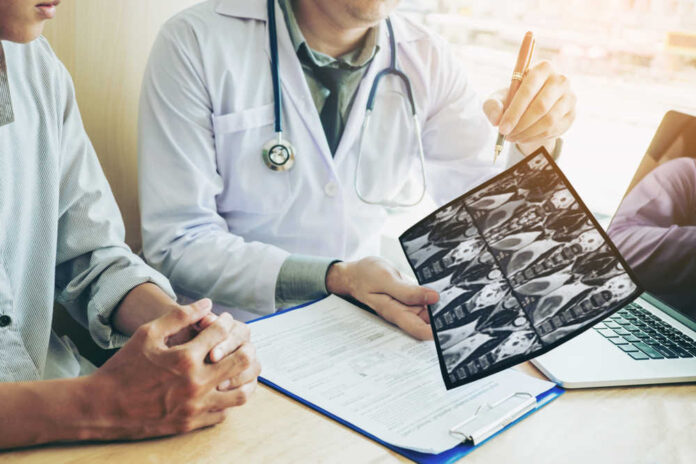
After a cancer diagnosis, it’s essential to develop a good relationship with your oncologist. This is the doctor who will be overseeing your treatment and guiding you through this difficult time.
You should feel comfortable asking your oncologist any questions you have about your diagnosis, treatment options, and prognosis.
Here are six important questions to ask:
What Are The Risks Involved With My Treatment?
Every cancer treatment comes with some risks. It’s important to understand those risks to make an informed decision about which treatment is right for you.
Your oncologist will be able to explain the risks and side effects of each treatment option and help you weigh the pros and cons.
You might not have very many options, but it’s still important to be aware of the risks involved.
What Can I Do To Manage the Side Effects of this Treatment?
Cancer treatment can cause a variety of side effects. These might include fatigue, nausea, pain, and more.
It’s important to ask your oncologist about ways to manage these side effects. There are often treatments available that can help lessen the symptoms.
Along with this, you should be aware of what symptoms are to be expected, and which ones may be warning signs that something is wrong.
Should I Try Alternative Medicines?
When you are sick, it’s only natural to want to try anything that might make you feel better. But that doesn’t necessarily mean you should try everything.
Be aware that claims of alternative cancer cures are often not effective in any meaningful or proven way.
Some alternative medicines may even interfere with your conventional cancer treatment and potentially worsen your condition.
Talk to your oncologist before trying any alternative medicine, and never stop your conventional treatment without first talking to your doctor. They can guide you toward safer and more effective alternatives.
Are There Any Clinical Trials I Could Take Part In?
Clinical trials are research studies in which new treatments are tested on people. If you are eligible, taking part in a clinical trial could give you access to treatments that are not yet widely available.
Of course, clinical trials also come with some risks. The treatment might not be effective, or you might end up in the control placebo group and not receive the treatment at all.
But participating in clinical trials can be a great way for you to be involved in advancing cancer treatment. Not only can this give you access to potentially life-saving treatments, but it can also help others who are facing a cancer diagnosis in the future.
What Resources Can You Give Me or Recommend For Me?
You need to be your own advocate when it comes to your health. You’ll need to make lifestyle changes, find support networks, and educate yourself about your diagnosis.
Doctors typically don’t have much time to spend with each individual patient. But they may be able to point you in the right direction for resources that can help when they aren’t around.
These might include support groups, cancer organizations, books, and educational materials, financial aid resources, and more.
Don’t be afraid to ask your oncologist for help in finding the resources you need.
What Questions Would You Ask If You Were Me?
You’ve probably never been in this situation before. You don’t know what you don’t know.
But your oncologist does. They’ve been through this with other patients and have a good idea of the kind of questions you might be struggling with.
Ask your oncologist what they would want to know if they were in your shoes. Or ask what questions other patients typically ask. This can help you fill in your blind spots and discover things you wouldn’t have even thought to ask about.
It can also be difficult to process and remember everything you’re being told. Take notes (or ask them to write notes for you), or record your conversation so you can refer back to it later.
You might also want to bring a loved one with you to appointments, so they can help take notes or ask questions.






















